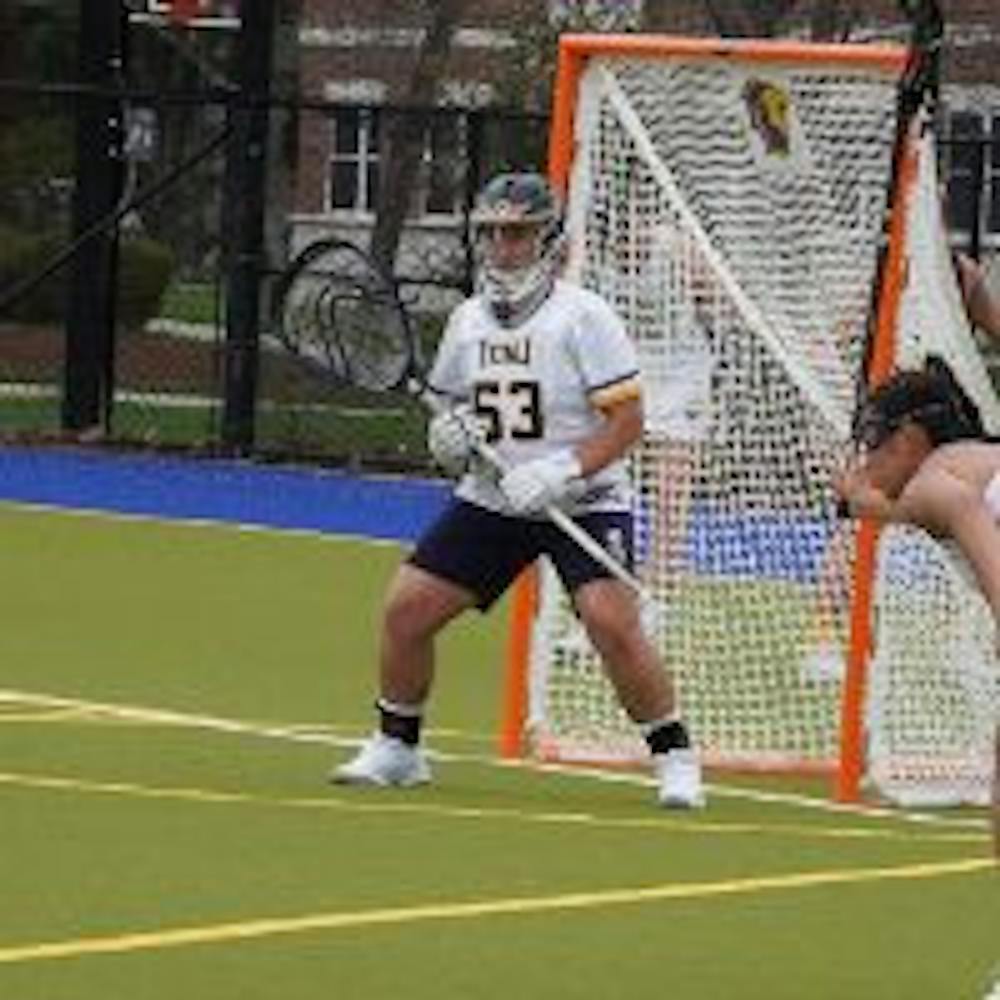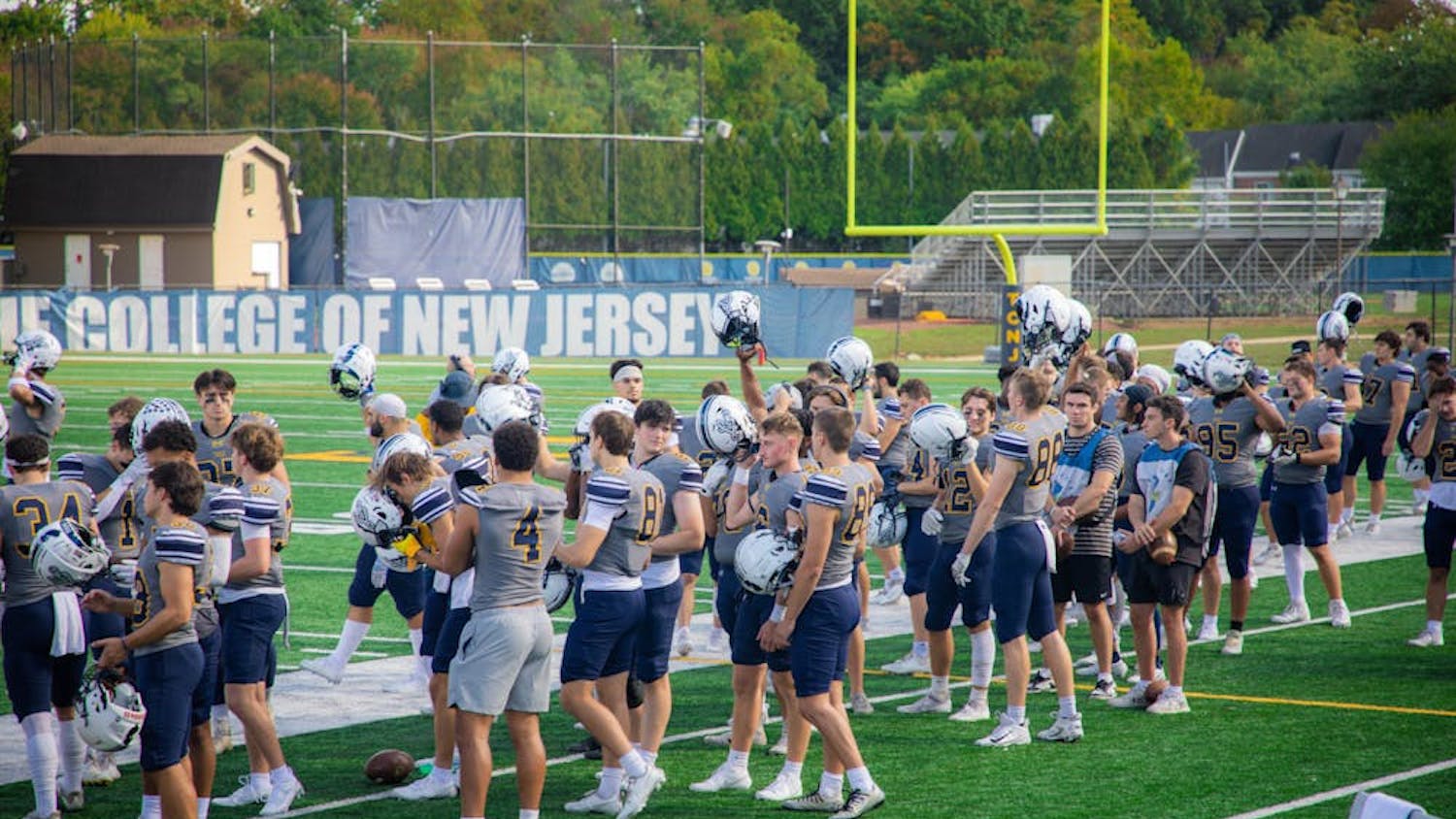By Erin Rust
Correspondent
When the spring season approaches each year, expectations follow — expectations that buds will bloom, temperatures will rise and sports will be played.
Last spring, expectation turned to disbelief when the NBA was sent into a bubble, the NHL was cut short, the Masters did not tee off, the MLB was not in training and college basketball did not march their way into madness.
College sports of all three divisions were canceled via an NCAA announcement last March, in an effort to ensure the events did not contribute to the spread of the pandemic.
While fields were left empty and jerseys went unworn, some comfort was given to student athletes when the NCAA announced the extended eligibility rule.
Traditionally, a student athlete has five years to play four years of their sport. This rule, announced by the NCAA, waived the use of a season of participation for all student athletes participating in spring sports.

The rule effectively granted student athletes an additional year and season of eligibility while enrolled in full-time classes.
This gave comfort to players, especially seniors, who believed that Covid-19 had stolen their final and last seasons.
Ali Natalicchio, a fifth-year graduate student in the masters of public health program at the College, is a member of the women’s lacrosse team. Last spring, she started and played in only four regular season games when her season was cut short by the pandemic.
Natalicchio, who believed she played her last game of the sport she spent 15 years of her life playing, was immediately interested upon hearing about the extension opportunity.
“Having such an abrupt end was like getting really into a book and realizing that half the pages are missing right when you reach the climax,” she said. “I knew I didn’t want my career to end in a way that was so out of my control, and I didn’t want my story to be done yet. When I was given the opportunity to come back, I knew that was how I wanted to finish my story — something that I had a say in.”
Joe Felipe, a senior mechanical engineering major with a minor in electrical engineering, is one of two members of the baseball team that will be using his eligibility in the 2021-2022 baseball season.
“Initially, I was very happy and excited to hear the extra year of eligibility was being offered,” Felipe said. “It was tough losing last year’s season and knowing the possibilities that were in store for us. Having this extra year would give those who chose to stay a full four years to compete to the best of our ability.”
For Felipe, staying at the College for an extra year was already a part of his plan long before the pandemic. Now that the plan would include an extra year of baseball, he said “there was no hesitation” when it came to making the decision for him to use that extra eligibility.
Erin Jaffe, a senior finance major and member of the women’s lacrosse team, was also happy to hear about the extended eligibility opportunity.
“My initial thought was that I would love to be able to get a chance to ‘re-do’ my junior year that was cut short due to Covid-19,” Jaffe said. “I felt like my junior year was ripped out from under me, so to be given the opportunity to get an extra year of eligibility was a huge relief.”
Though Jaffe will not be using her extra year of eligibility due to having a full-time position lined up post graduation, Jaffe is excited to make the most of the remaining time she has left as a member of the women’s lacrosse team.
A recent update from the NCAA management council announced the possibility of a blanket waiver, which would allow Division III student athletes in the upcoming academic year to participate while enrolled in less than full time for both semesters in the 2021-22 academic year.
This provides flexibility that supports both graduation and participation and ensures students are playing against students.
A decision will be made on April 28 when a final vote will be taken on the decision. The council will continue to evaluate the long-term implications and evaluate the appropriateness for the extended eligibility grant and of enrollment flexibility past the 2021-22 academic year.
This spring at the College, uniforms are worn, scoreboards are running, cleats are tied and players are competing. And for those deciding to use their extended eligibility, stories of a lost season are being rewritten.







